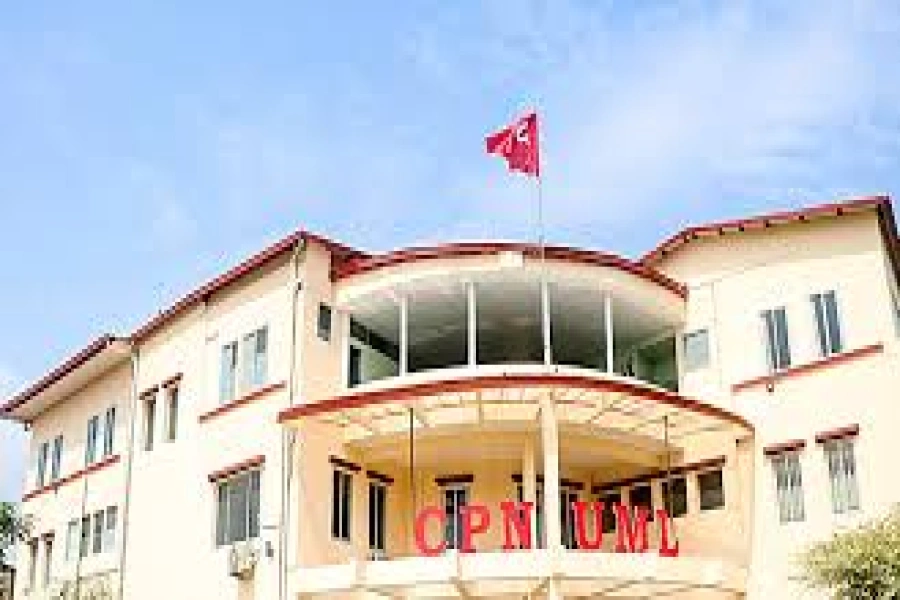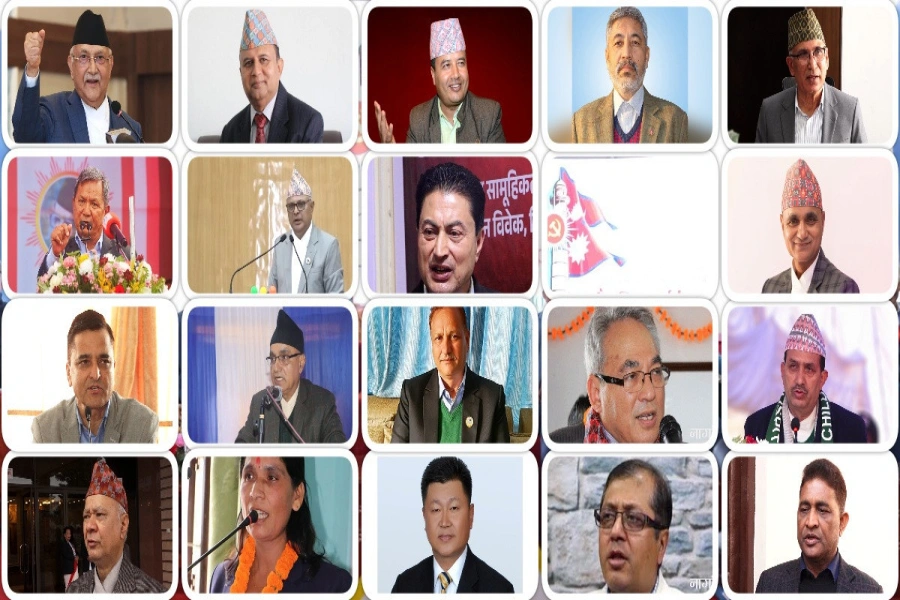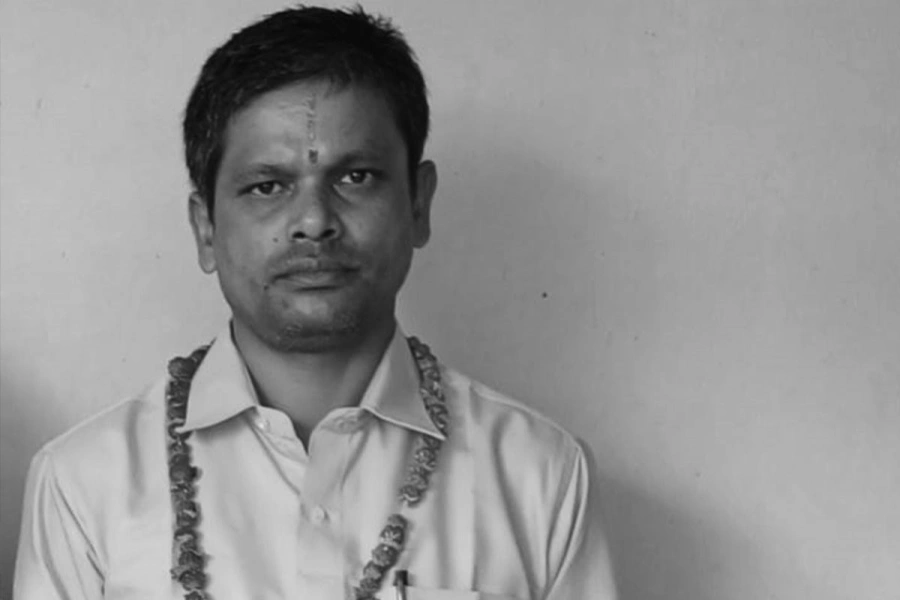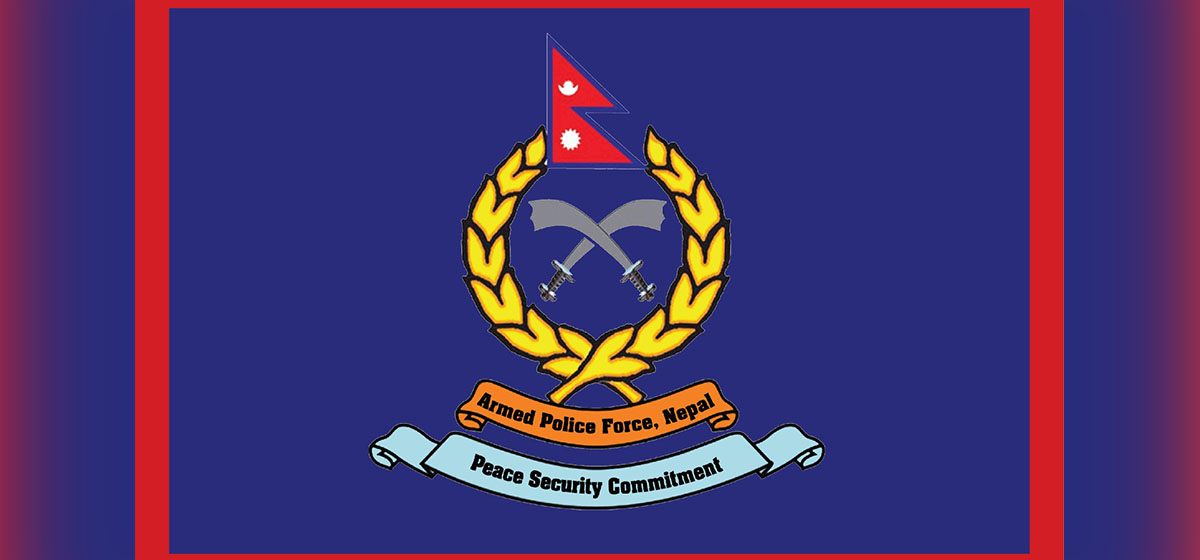In a concerning turn of events, Sudurpaschim Province is once again grappling with the resurgence of COVID-19, marking an end to a period of relative calm. Until last week, the province had reported zero infection cases, but recent developments have unveiled a spike with eight confirmed cases surfacing in the region. Ganesh Saud, an Auxiliary Health Worker stationed at the Health Desk in Gauriphanta along the Nepal-India border, disclosed that symptoms were observed in individuals returning from India. The alarming fact that these cases have been detected in individuals arriving from across the border necessitates immediate and vigilant action from the concerned government bodies. The mode of detection, through antigen tests, has been crucial in identifying the eight cases. However, the gravity of the situation is underscored by the decision to send four samples to Kathmandu for further analysis, aiming to ascertain the variant of the disease. This step is critical in understanding the nature of the virus and devising targeted strategies to contain its spread.
Sudurpaschim province govt sets up Rs 400 million fund to preve...

It is imperative that the government takes swift and decisive action to curb the potential outbreak of this new variant. As we have witnessed in the past, the virus has proven to be highly adaptive, and the emergence of new variants only complicates the already challenging task of controlling its spread. The proactive stance taken by the health authorities in investigating the variant is commendable, and it is vital that this information is utilized to inform public health measures. Home isolation has been advised for those displaying symptoms at the border, a prudent step to prevent further transmission. Simultaneously, individuals experiencing severe symptoms are being directed to seek medical attention at hospitals. This dual approach, combining self-isolation for mild cases and medical intervention for severe ones, aligns with global best practices and must be rigorously enforced. It may be noted that the World Health Organisation recently warned about the detection of a new variant of the disease. This cautionary note should act as a catalyst for heightened vigilance and prompt action. The government must collaborate with international health agencies to stay abreast of the latest developments in the global fight against COVID-19, ensuring that the province is equipped to respond effectively to emerging threats.
The provincial Health Emergency Operation Center and Health Directorate reported three additional COVID-19 cases among individuals returning to Nepal from Gauriphanta and Gaddachauki checkpoints in the province over the past three days. This trend is deeply troubling and emphasizes the need for enhanced screening measures at border points to identify and isolate potential cases promptly. The resurgence of COVID-19 in Sudurpaschim Province demands urgent attention and a robust response from the government. The early detection of cases, coupled with the analysis of potential variants, can provide a window of opportunity to prevent a widespread outbreak. It is crucial that government bodies concerned collaborate seamlessly, both domestically and internationally, to safeguard public health. The lessons learned from previous waves of the pandemic should guide us in implementing effective measures and ensuring that our communities remain resilient in the face of this persistent threat.



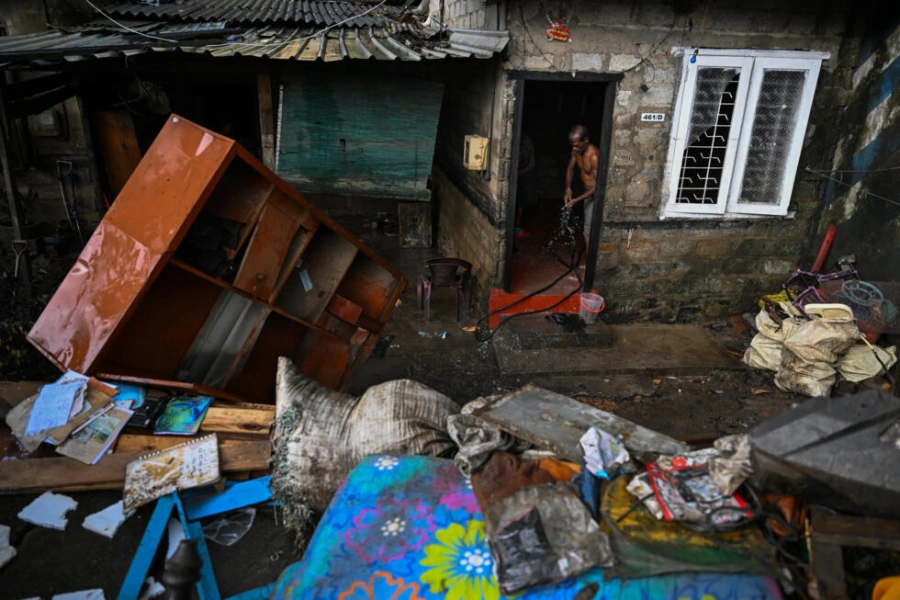

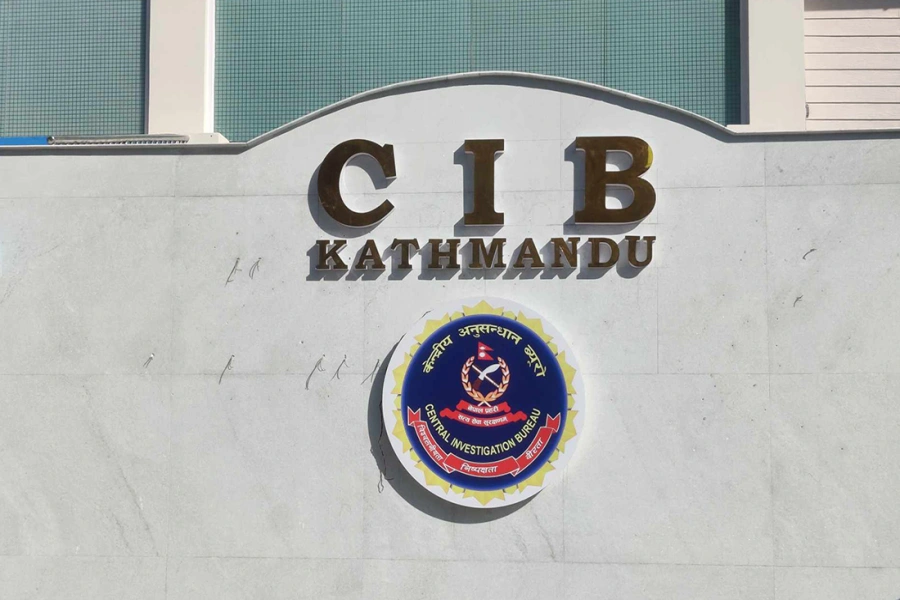






_20200814192758.jpg)



